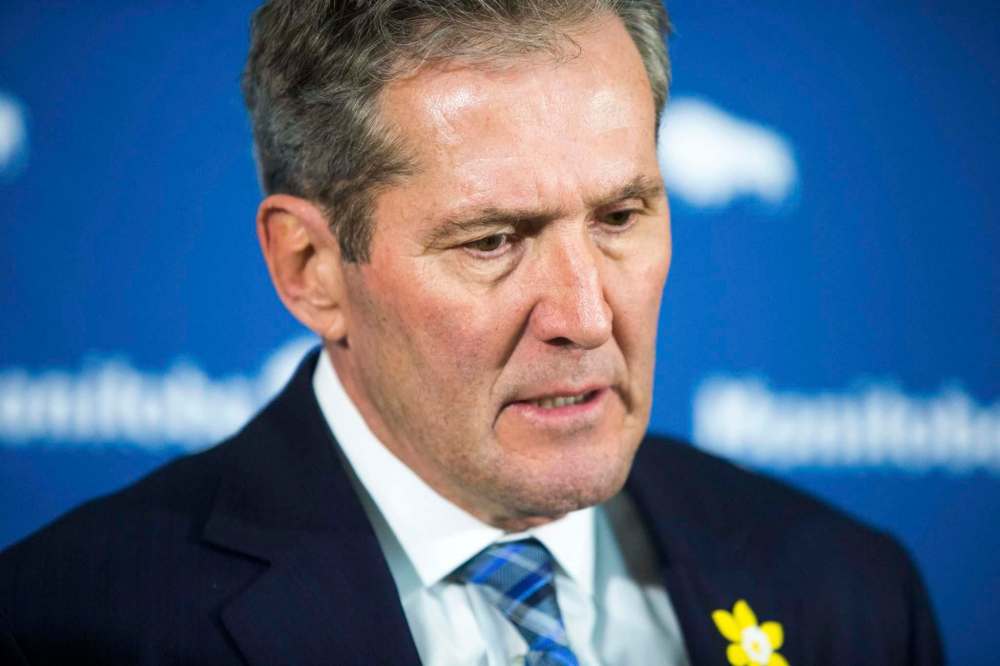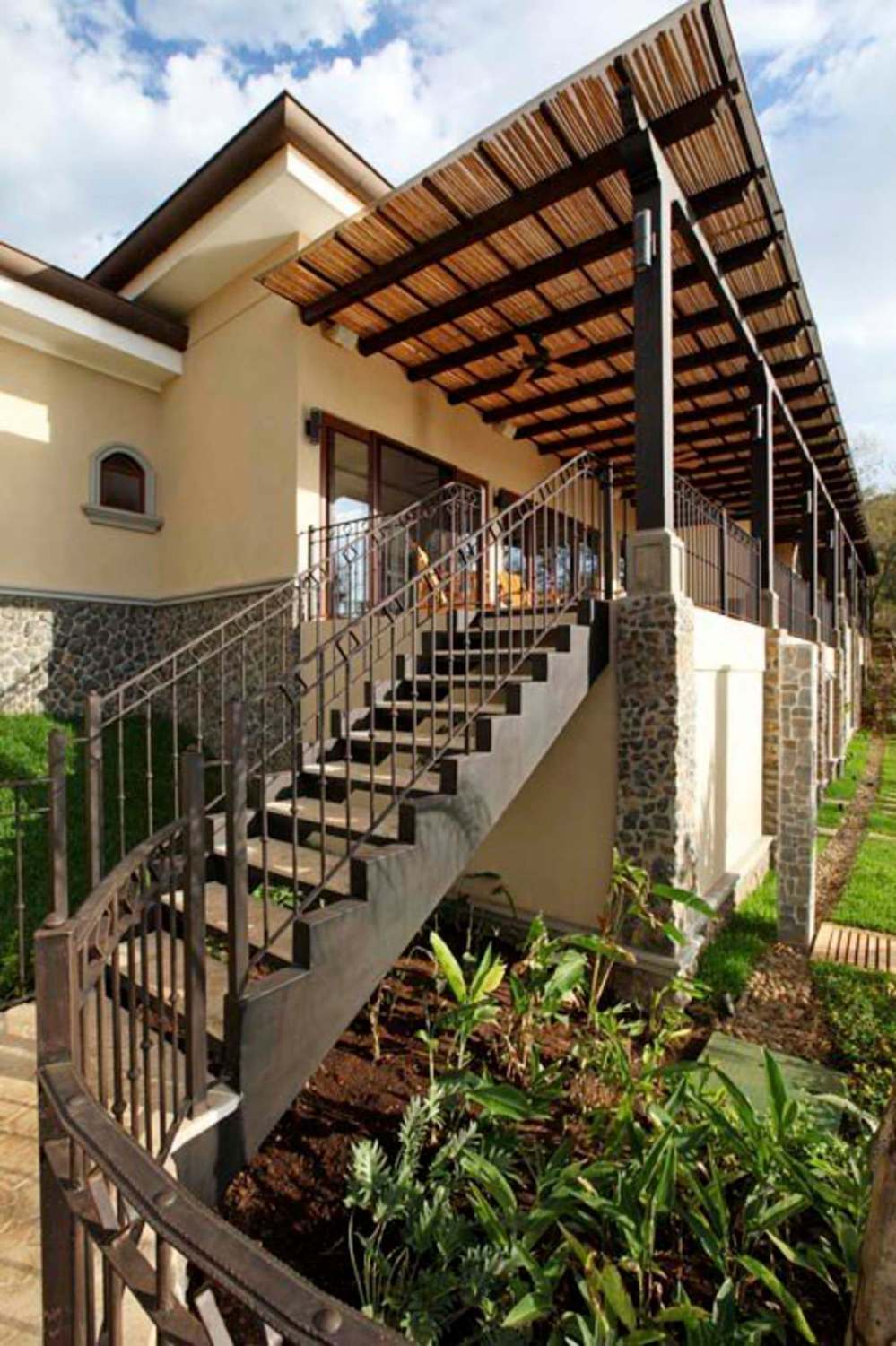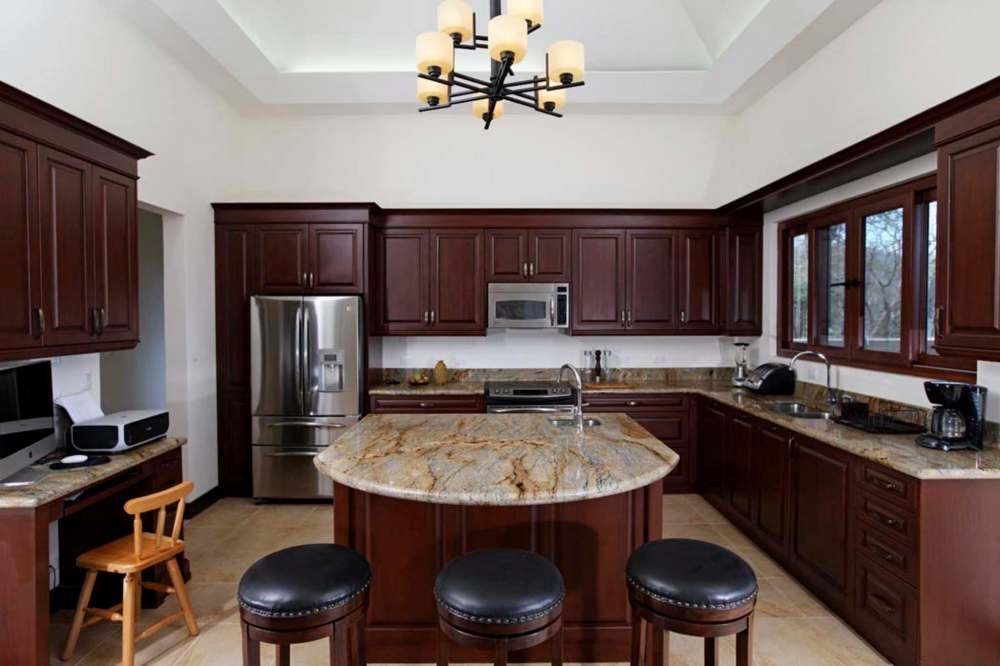‘If we owe money, we’ll pay it’
Premier admits he ‘probably should have dug deeper’ on tax affecting Costa Rican vacation home
Advertisement
Read this article for free:
or
Already have an account? Log in here »
To continue reading, please subscribe:
Monthly Digital Subscription
$0 for the first 4 weeks*
- Enjoy unlimited reading on winnipegfreepress.com
- Read the E-Edition, our digital replica newspaper
- Access News Break, our award-winning app
- Play interactive puzzles
*No charge for 4 weeks then price increases to the regular rate of $19.00 plus GST every four weeks. Offer available to new and qualified returning subscribers only. Cancel any time.
Monthly Digital Subscription
$4.75/week*
- Enjoy unlimited reading on winnipegfreepress.com
- Read the E-Edition, our digital replica newspaper
- Access News Break, our award-winning app
- Play interactive puzzles
*Billed as $19 plus GST every four weeks. Cancel any time.
To continue reading, please subscribe:
Add Free Press access to your Brandon Sun subscription for only an additional
$1 for the first 4 weeks*
*Your next subscription payment will increase by $1.00 and you will be charged $16.99 plus GST for four weeks. After four weeks, your payment will increase to $23.99 plus GST every four weeks.
Read unlimited articles for free today:
or
Already have an account? Log in here »
Hey there, time traveller!
This article was published 04/04/2018 (2807 days ago), so information in it may no longer be current.
Premier Brian Pallister has vowed to determine whether his Costa Rican property is subject to a tax on luxury homes, after a Free Press report that his holding company had been flagged for non-payment.
“We were given advice that it didn’t apply to us, that it didn’t apply to our property,” Pallister told reporters Wednesday, after answering questions about the issue in the Manitoba legislature.
“I’m disappointed to see it spelled out so clearly that it may. But that being said, (it’s) not impossible to revert to doing the right thing now, even though I wasn’t aware I was doing the wrong thing before.”

Pallister said he has asked a lawyer in Costa Rica to provide him with more information, in light of the Free Press report.
“We’ll do the right thing. We’ll investigate… and if we owe money, we’ll pay it,” he said.
Costa Rica’s luxury tax on homes was instituted a decade ago. Its purpose is to tax the wealthy to improve housing for the Central American country’s poor.
Pallister and his wife, Esther, own a 7,700-square-foot vacation home on seven acres of land near Tamarindo, along the country’s Pacific coast, through their holding company, Finca Deneter Doce S.A.
Local real estate agents peg the home’s value from US$550,000 to more than US$1 million.
The luxury tax is determined based on the construction value of the home. Building permits Pallister’s company took out in 2008 and 2009 show Finca Deneter met the means test for the tax.

Once that threshold is met, taxes are calculated based on the market value of the home and the surrounding property. That would put Pallister’s company on the hook for annual taxes of somewhere in the neighbourhood of US$1,375 to US$2,500.
An article in December 2009 on the website CostaRicaLaw.com listed hundreds of luxury tax “debtors” — those deemed by the Costa Rican revenue department at the time to be “currently delinquent in the filing and payment” of the tax. Documents obtained by the Free Press indicate Pallister’s company had not paid the tax as of March 2017.
Under attack by the NDP in the legislature Wednesday, Pallister said he always pays his taxes in full and on time.
“I have a 45-year-record of paying all bills that are presented to me… I’ll certainly investigate the veracity of the allegations made in the article and determine if they’re true or not,” he said.
Speaking to reporters afterwards, the premier’s tone was subdued.

Pallister said his wife went through the couple’s property records Tuesday, after the Free Press asked him for comment about the luxury tax. He said they discovered notes from a 2009 discussion about the tax. “The information we had was that it wasn’t relevant to us,” he said.
Pallister acknowledged the tax operates on a “voluntary system,” and he said he takes “personal responsibility” for not examining the issue more closely. He said he declares his foreign holdings on his Canadian tax return.
“I think, in hindsight, we probably should have dug deeper on the issue, and I regret that we didn’t,” he said. “But at the same time, (there was) no mention of this in the real estate discussions that we had, and you would think they (his Costa Rican advisers) would have known.”
NDP Leader Wab Kinew challenged Pallister in the legislature, saying the premier “apparently thinks that the rules don’t apply to him.”
Later, Kinew called the situation “bizarre.”

“We have really big issues facing our province. Hydro rates are going up, people’s transit fares are going up, people are being asked to pay higher and higher tuitions. And the premier is busy trying to calculate his luxury tax bill in Costa Rica,” the NDP leader said.
larry.kusch@freepress.mb.ca

Our newsroom depends on a growing audience of readers to power our journalism. If you are not a paid reader, please consider becoming a subscriber.
Our newsroom depends on its audience of readers to power our journalism. Thank you for your support.
History
Updated on Wednesday, April 4, 2018 10:15 PM CDT: Adds photo





